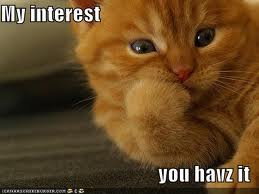Purple Prose:
social networking
Beware What You Say!

The Social in Social Networking

On My Writerly Bookshelf: Publishing and Promoting Your Book

Social Media Just for Writers

Getting Your Book Noticed In Today’s Changing Marketplace

Mayday, Mayday, Mayday

Reputation Matters

Read Me. Read Me. Read Me

Writing the book isn’t the hardest part????

Blogging Tour: Part 3

Blogging Tour Part 2

Panel Disaster of Epic Proportions (Maybe)

Blogging About Writing????

Oops! I Can’t Believe That Happened

Branding is Your Power

I’m Being Stalked!
